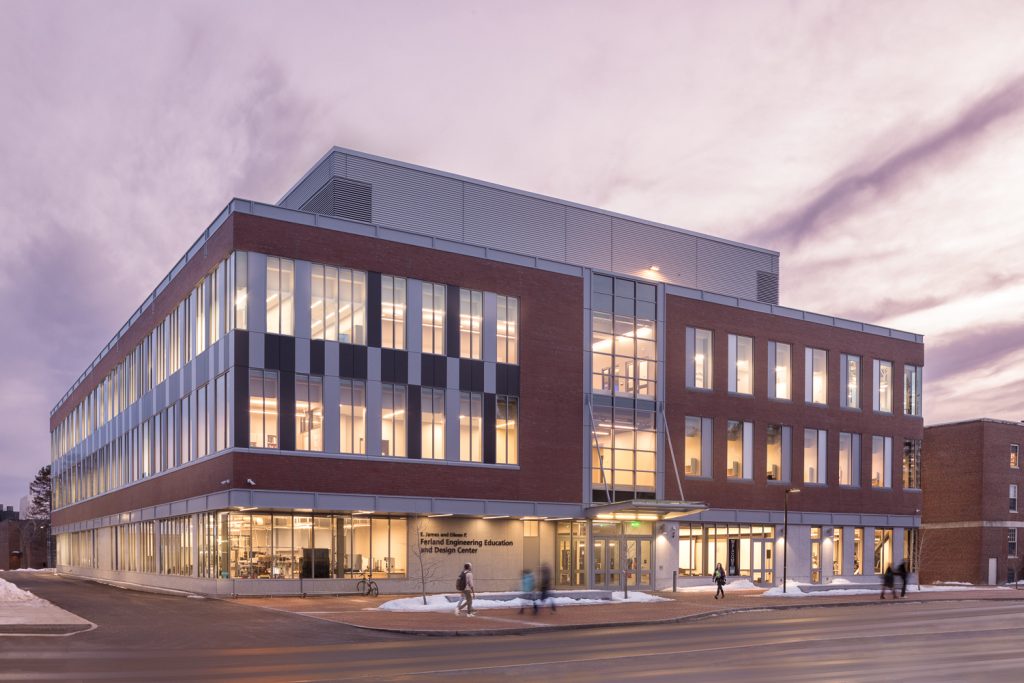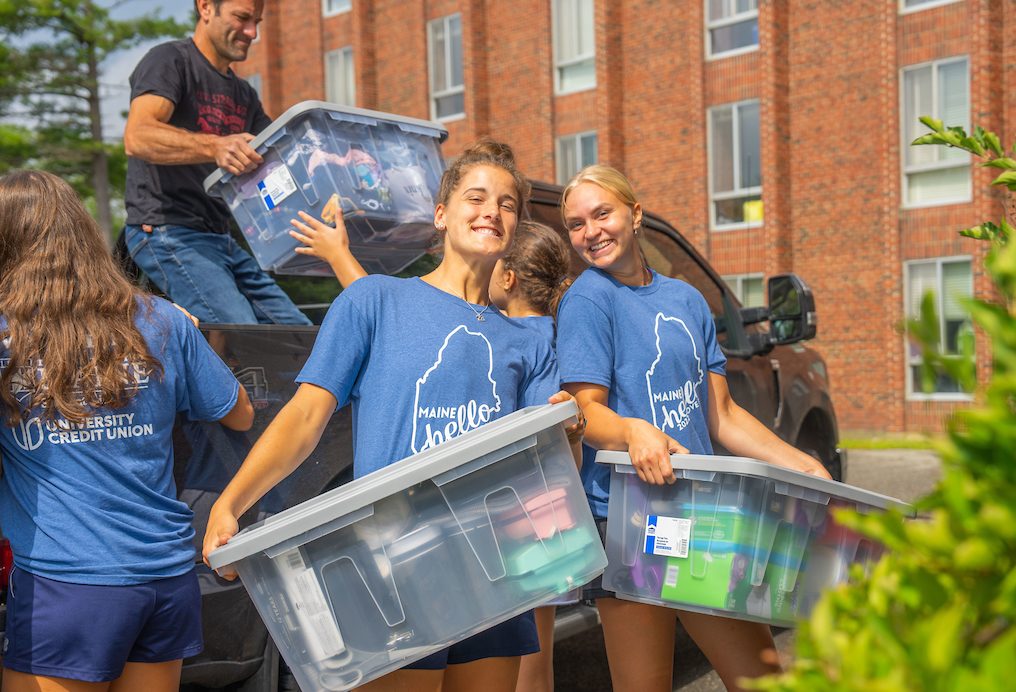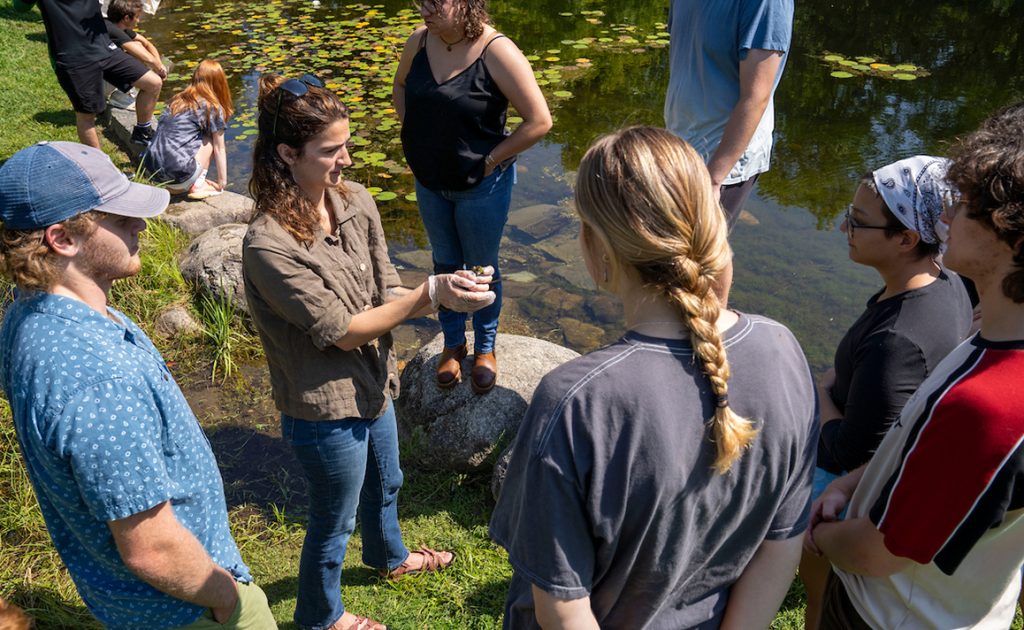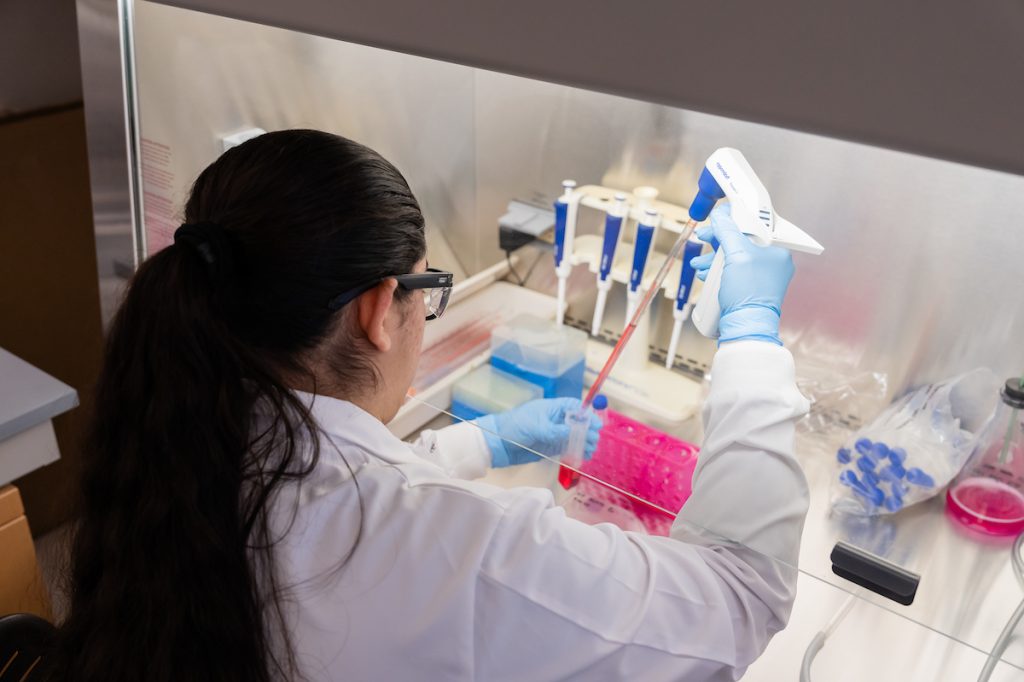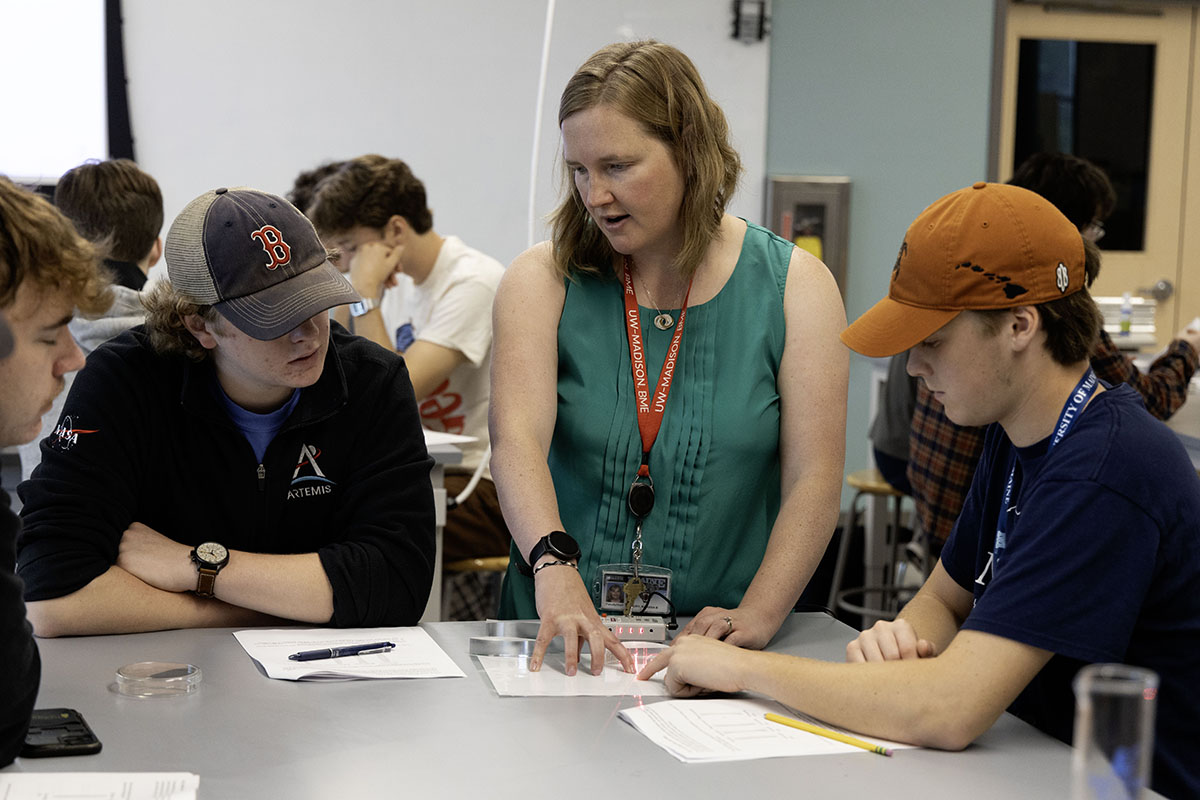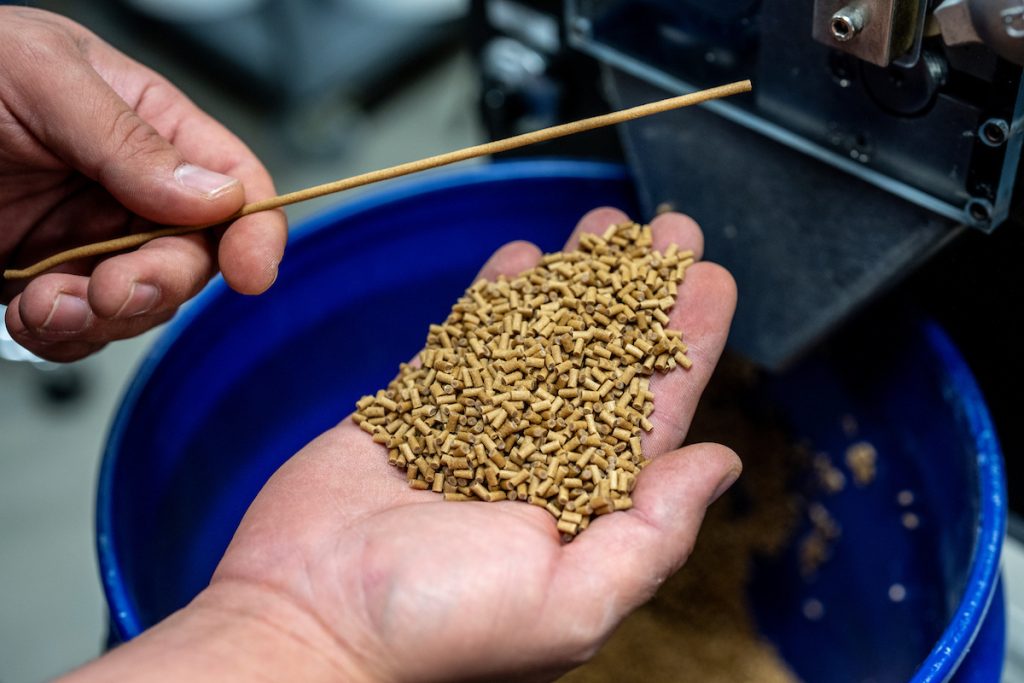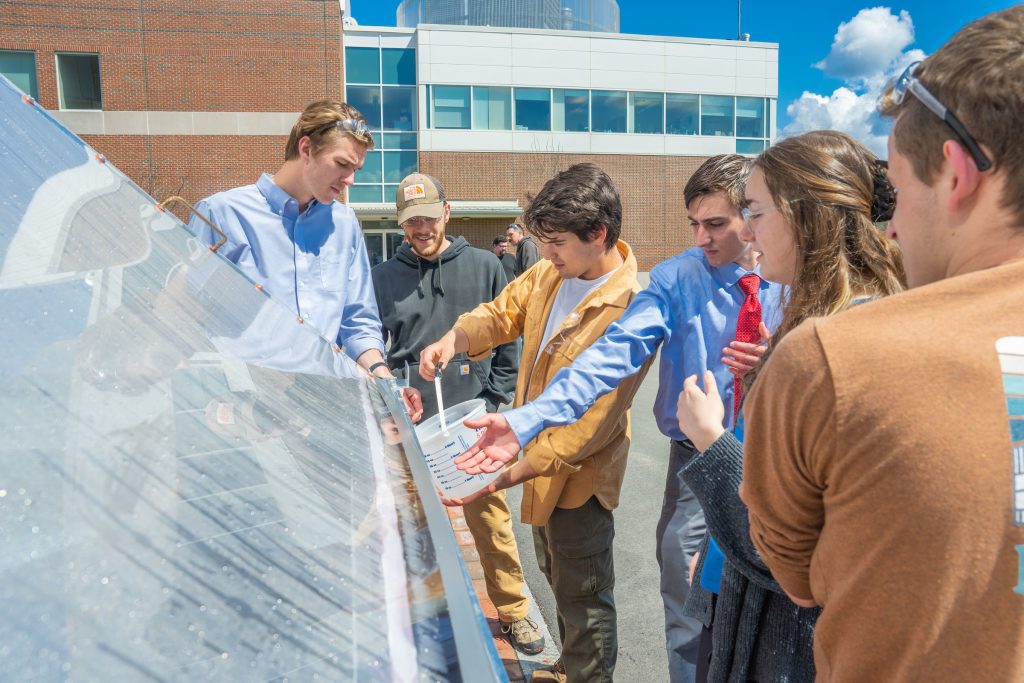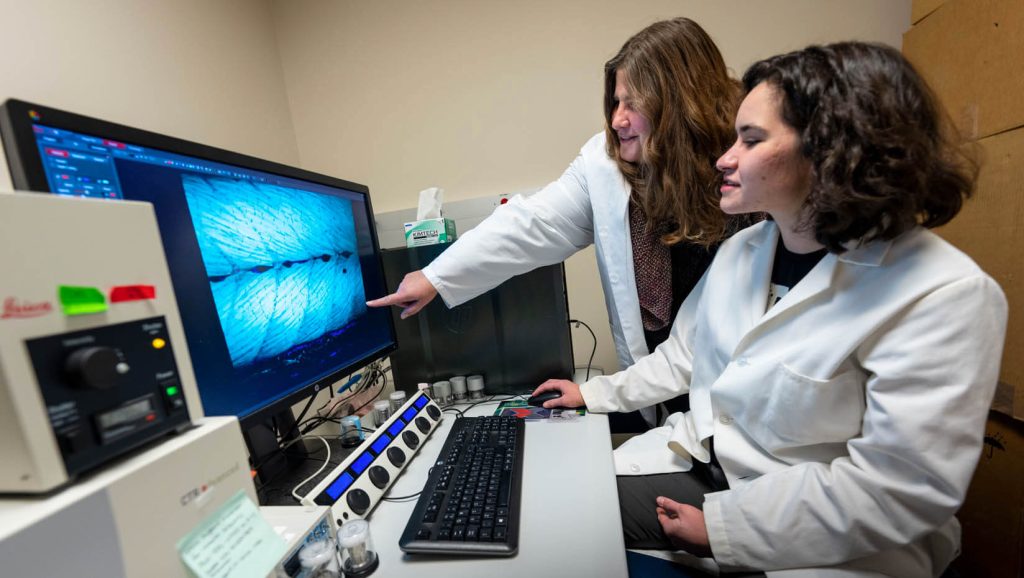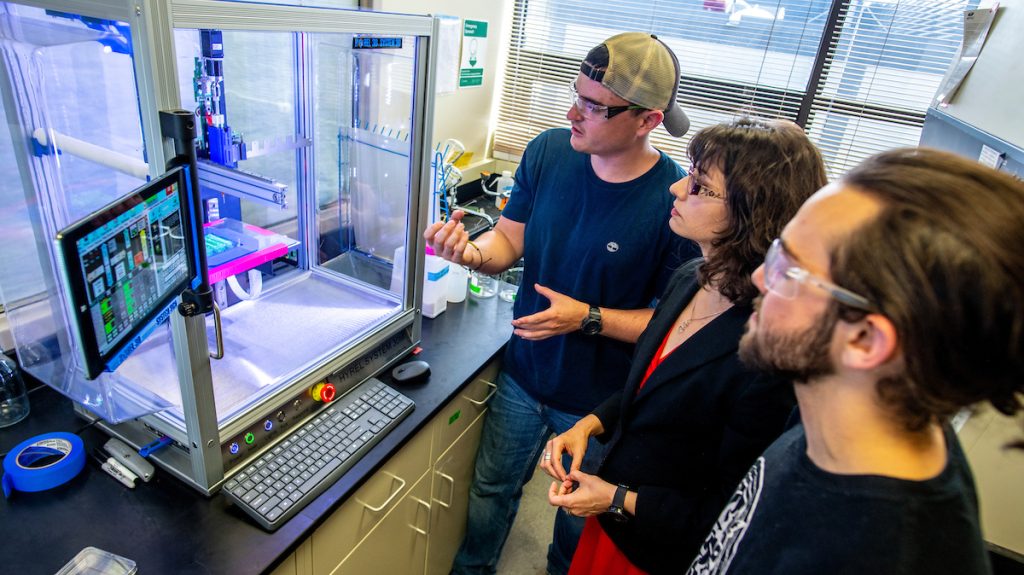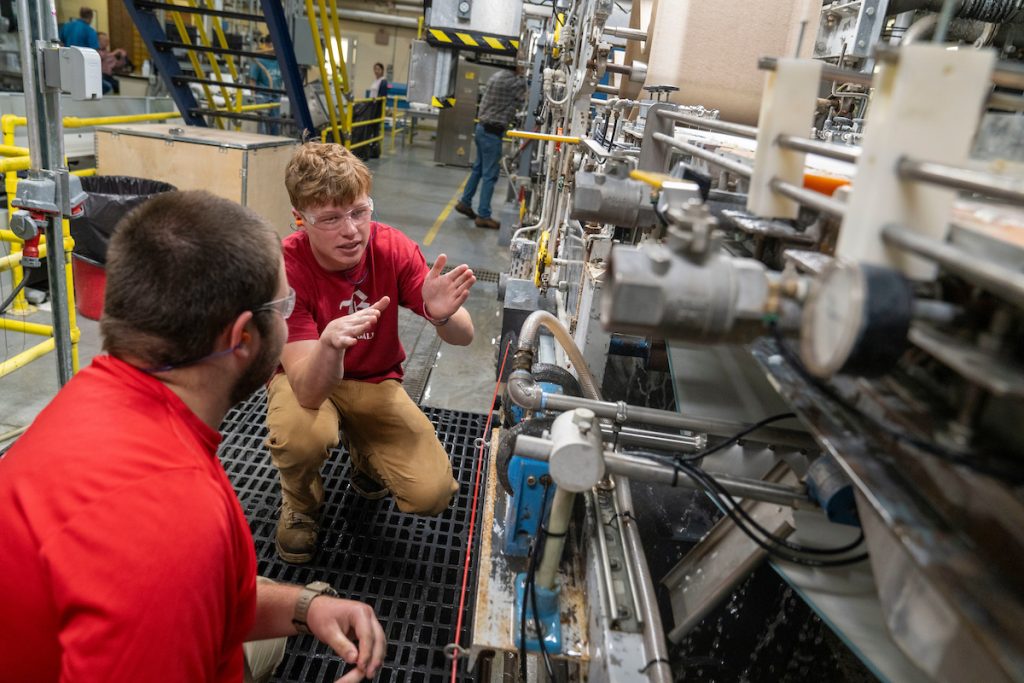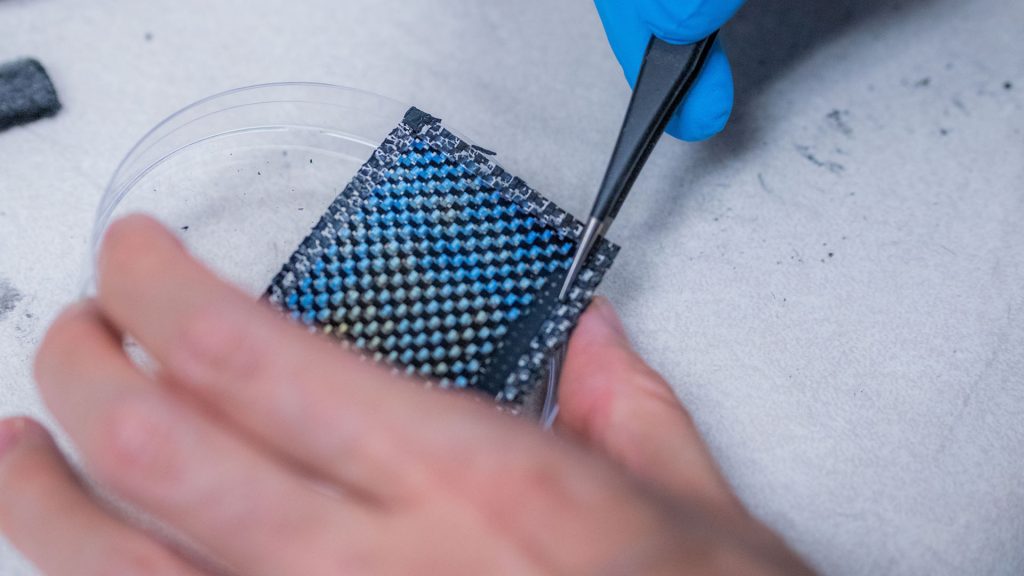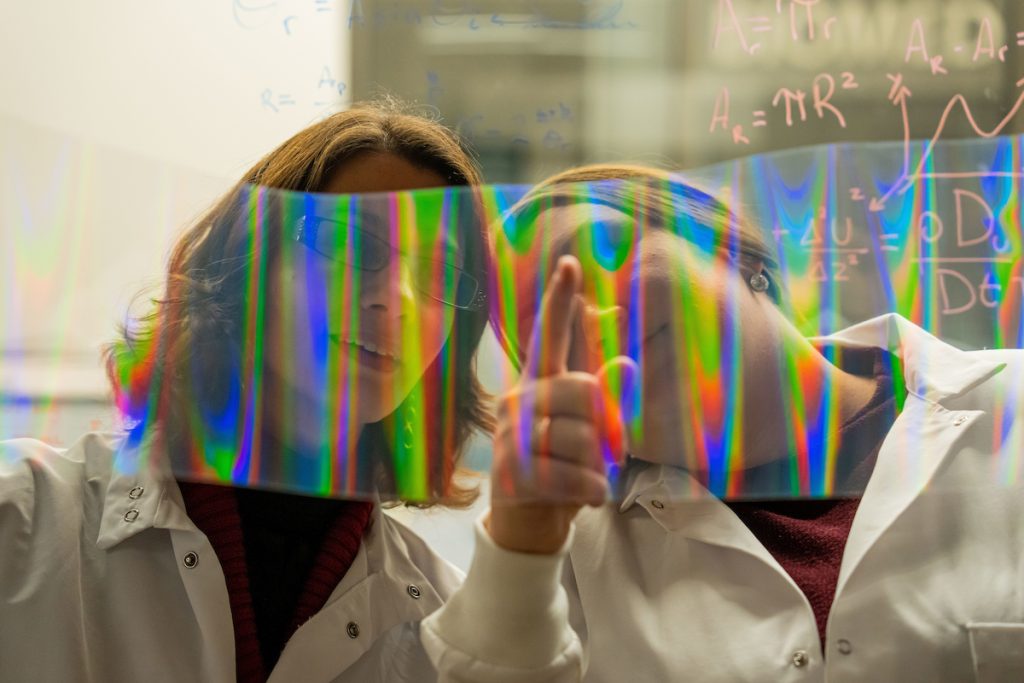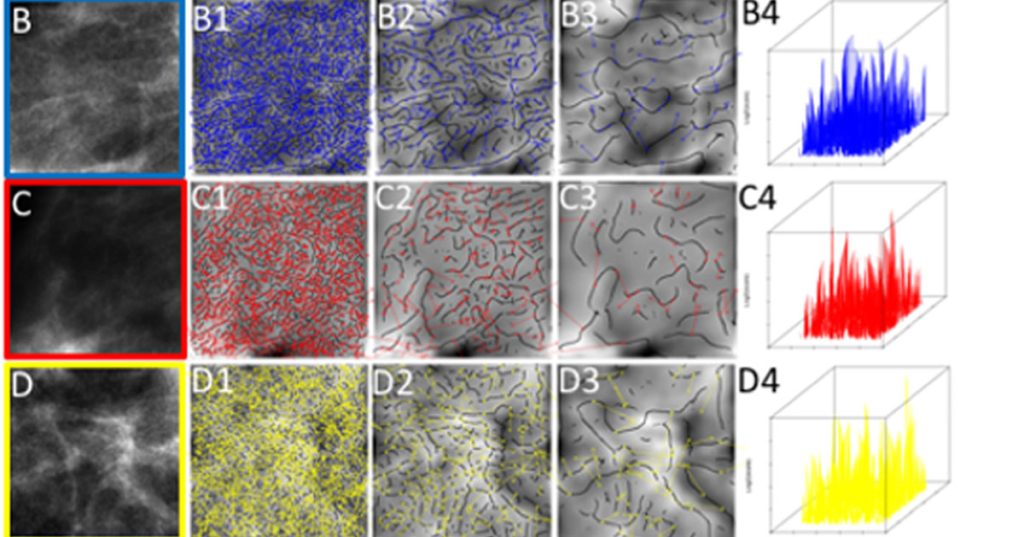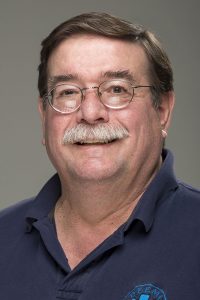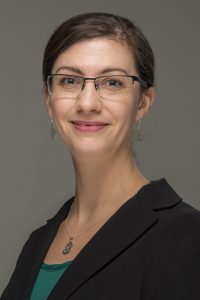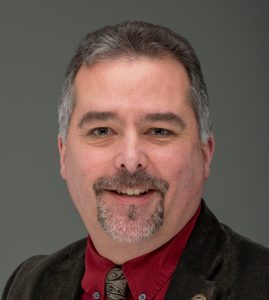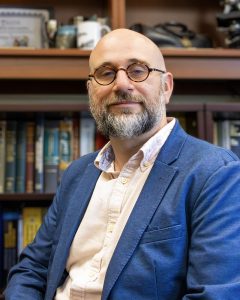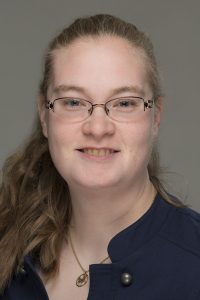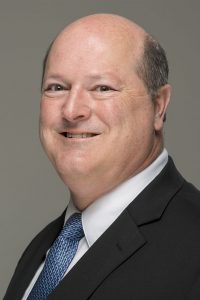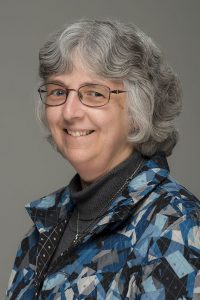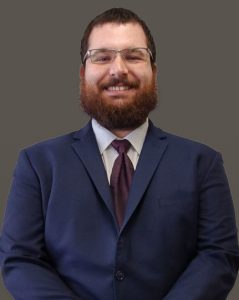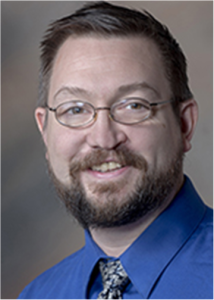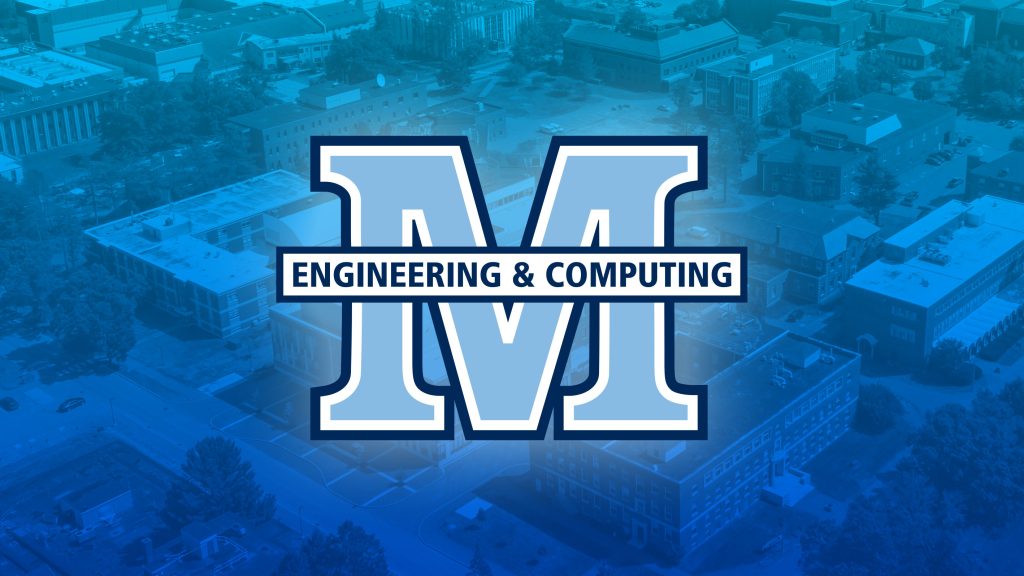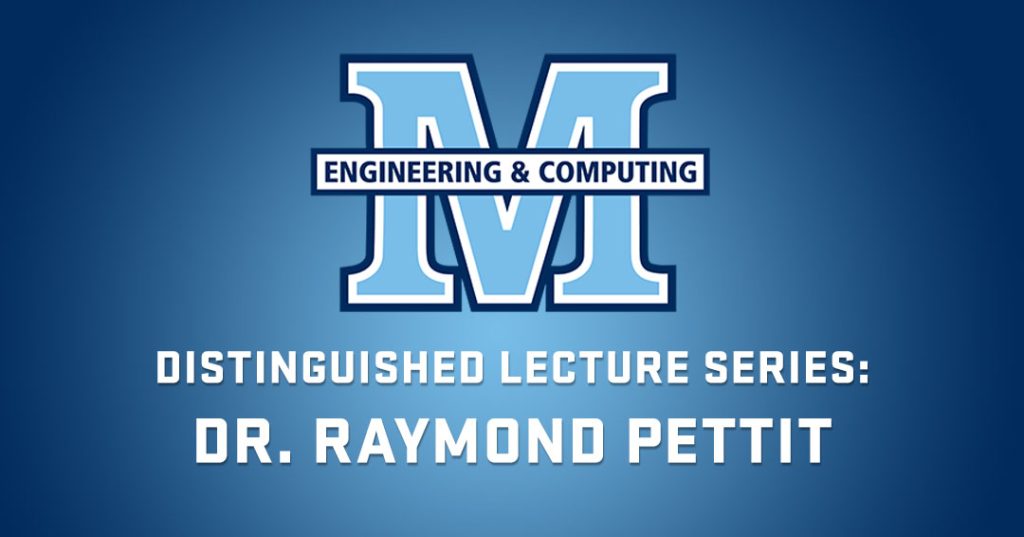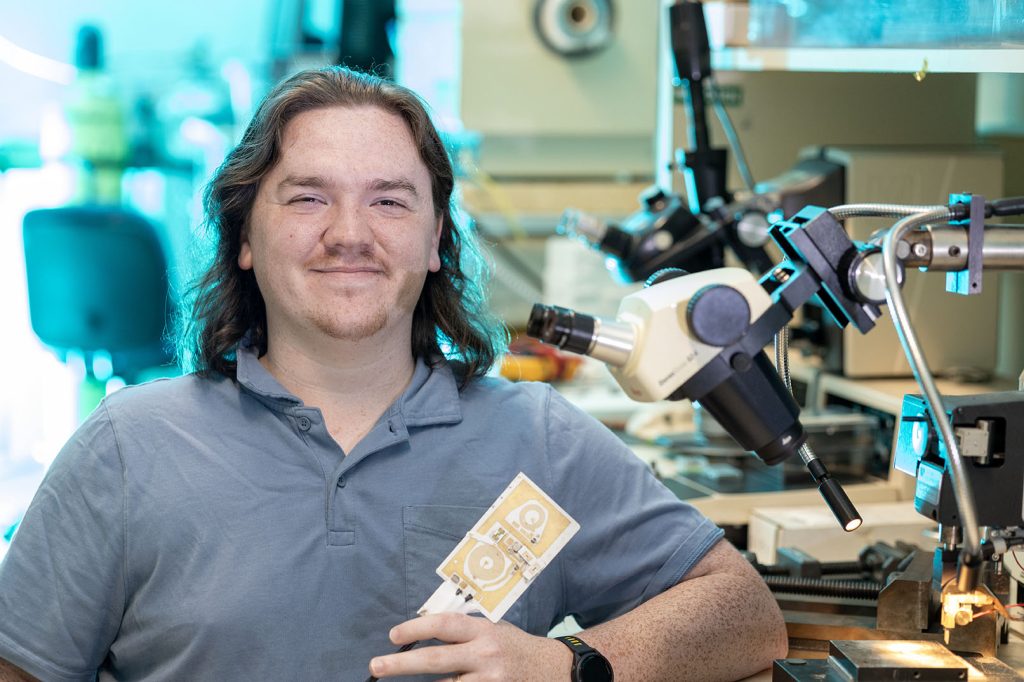Bridging biology and engineering and empowering students to design innovative solutions for healthcare. With a focus on clinical, therapeutic, and diagnostic applications, the program prepares students for impactful careers or advanced studies.
BIOMEDICAL Engineering Overview
The University of Maine’s Biomedical Engineering Program prepares students to thrive in the dynamic and impactful field of biomedical engineering. This discipline focuses on the intersection of biology, medicine, and engineering, equipping students with the skills to create innovative solutions that benefit society. Biomedical engineers are at the forefront of designing artificial organs, developing advanced cancer detection methods, creating sensors for biological agents, and engineering materials for drug delivery.
UMaine’s program emphasizes rigorous undergraduate engineering instruction in areas like biological systems analysis, instrumentation, and the manipulation of biological processes. The curriculum combines core training in engineering, mathematics, and science with elective courses in humanities, social sciences, and specialized biomedical topics. Students gain hands-on experience through opportunities to participate in cutting-edge research, addressing challenges like cancer detection, tissue-implant compatibility, bio-inspired materials, and computational diagnostics.
Graduates of UMaine’s Biomedical Engineering Program are equipped for employment in clinical, diagnostic, and therapeutic industries or for pursuing advanced degrees. Additional pathways, including minors in Pre-Medical Studies or Engineering Leadership and Management, and a five-year BS-MBA option, provide flexible opportunities tailored to student interests. With biomedical engineering’s rapid growth, UMaine graduates are well-positioned to make meaningful contributions to healthcare innovation and society.
Programs Offered
Undergraduate Level:
UMaine Course Catalog, Overview of Degree Requirements
Graduate Degrees
Incoming Student Information
Biomedical Engineering
Graduate Programs
Biomedical Engineering Graduate Programs offer advanced degrees in biomedical innovation and healthcare technology, including options for accelerated pathways, master’s, and doctoral studies.
Biomedical & CHEMICAL Engineering Research
The Biomedical & Chemical Engineering Department provides opportunities for undergraduate and graduate students for research in a wide variety of areas. Explore each area and associated faculty members.

Biomass Processing & Biorefining
Conversion of biological materials into energy, chemicals, and materials for sustainable solutions.
Faculty: Schwartz, van Walsum, Wheeler
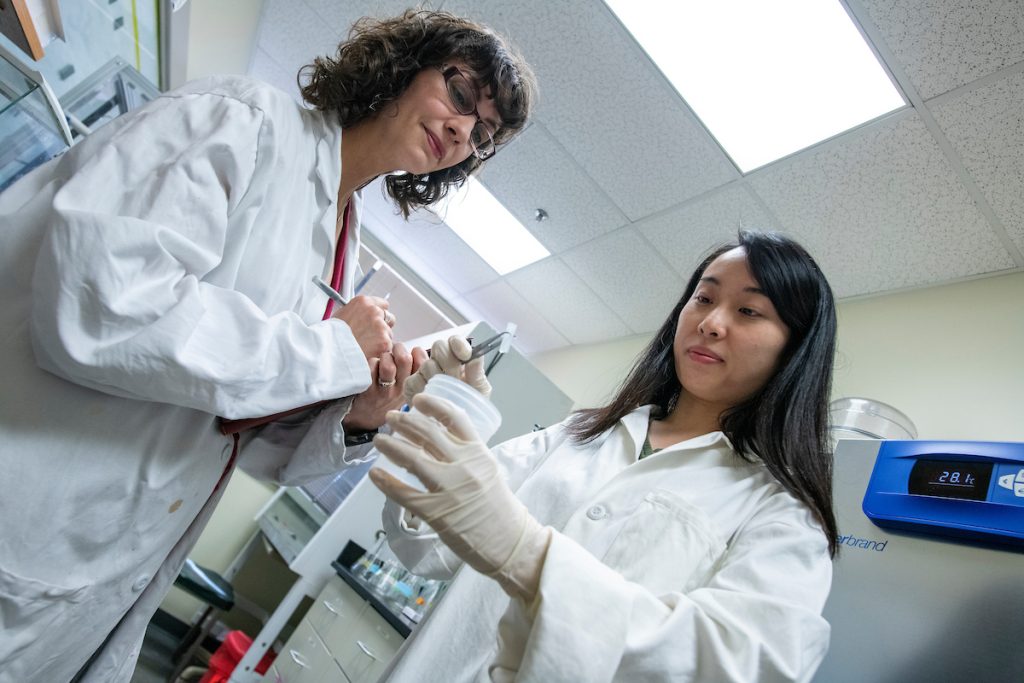
Environmental Science & Engineering
Application of engineering to solve environmental challenges and promote sustainability.
Faculty: DeSisto, Schwartz, van Walsum, Wujcik
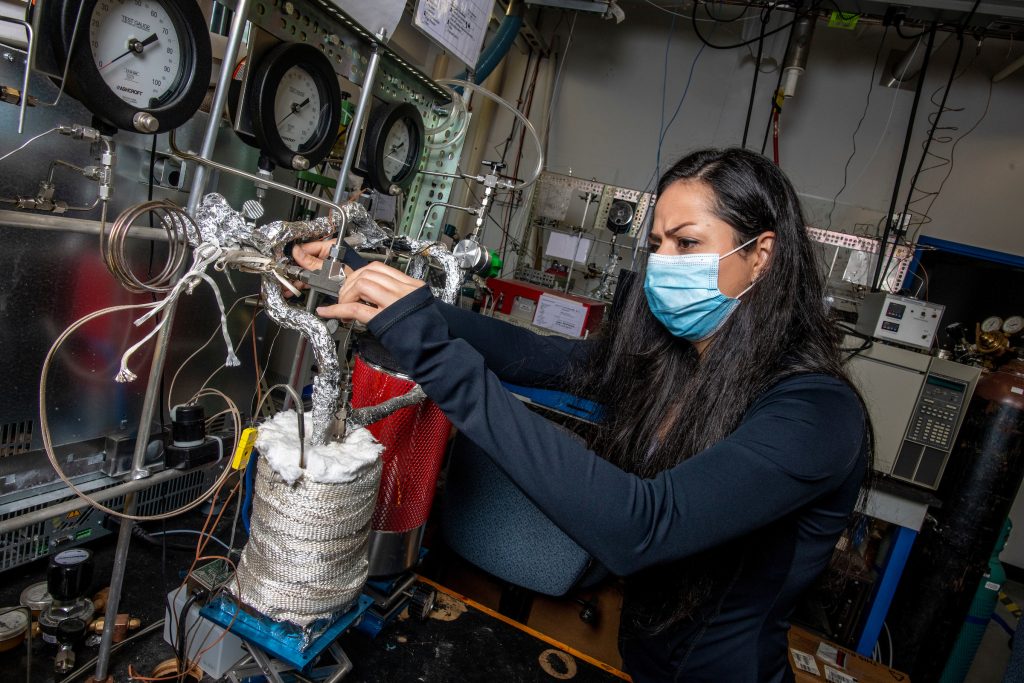
Catalysis & Reaction Engineering
Design and study of catalysts to enhance chemical reactions for industrial processes.
Faculty: Schwartz, van Walsum, Wheeler
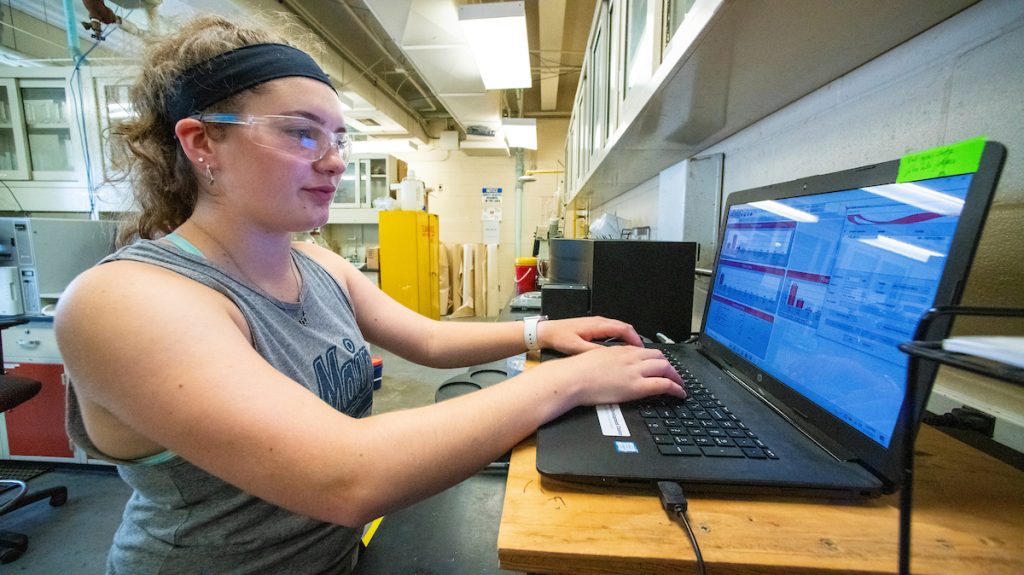
Process Simulation, Economics, and Life Cycle Analysis
Modeling processes to optimize design, cost, and environmental impact.
Faculty: van Walsum, Wheeler
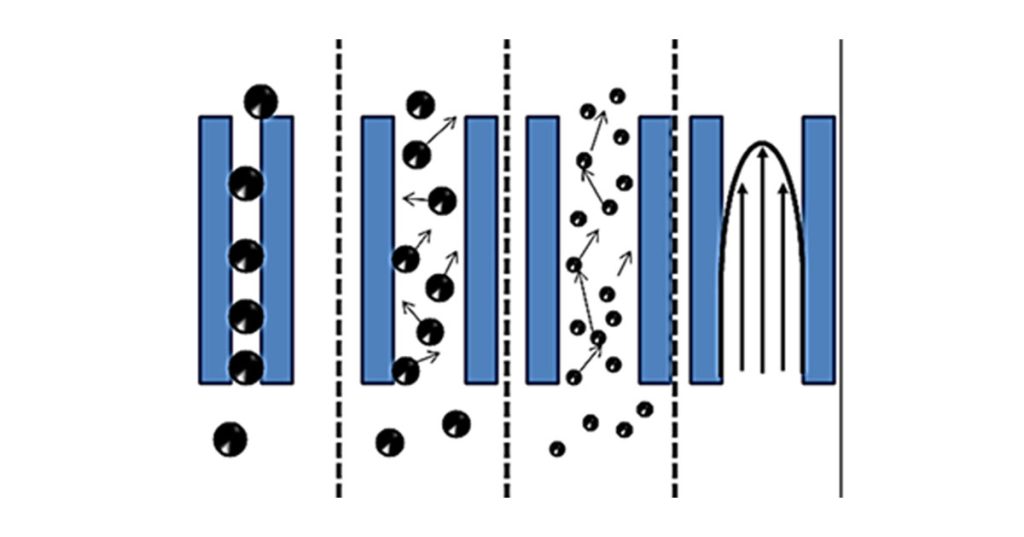
Transport Phenomena & Separation
The analysis of mass, energy, and momentum transfer in systems, focusing on separation techniques and fluid behavior in engineering processes.
Faculty: Bousfield, Mason, van Walsum, Wujcik
Our Faculty & Staff
At MCEC, our faculty is the heartbeat of our academic community. Dedicated, inspiring, and deeply knowledgeable, our professors go beyond the traditional classroom experience to foster real-world skills and a passion for learning. Whether mentoring, leading innovative research, or providing personalized support, our faculty members are committed to empowering students to achieve their highest potential
Robert Bowie
Douglas Bousfield
William Desisto
Sampath Gunukula
Caitlin Howell
Andre Khalil
Michael Mason
David Neivandt
Thomas Schwartz
Karissa Tilbury
Gerard Van Walsum
Sara Walton
Lisa Weeks
Clay Wheeler
Evan Wujcik
Cathy Dunn
Nathan Gendreau
Raymond Kennard
Angel Hildreth
Department Contact Information
Chemical & Biomedical Engineering
Peter Van Walsum
peter.vanwalsum@maine.edu
Department Chair
Cathy Dunn
cdunn@maine.edu
Administrative Specialist
Jenness Hall, Room 117
Orono, ME 04469-5737
Tel: 207-581-2277
MCEC NEWS




